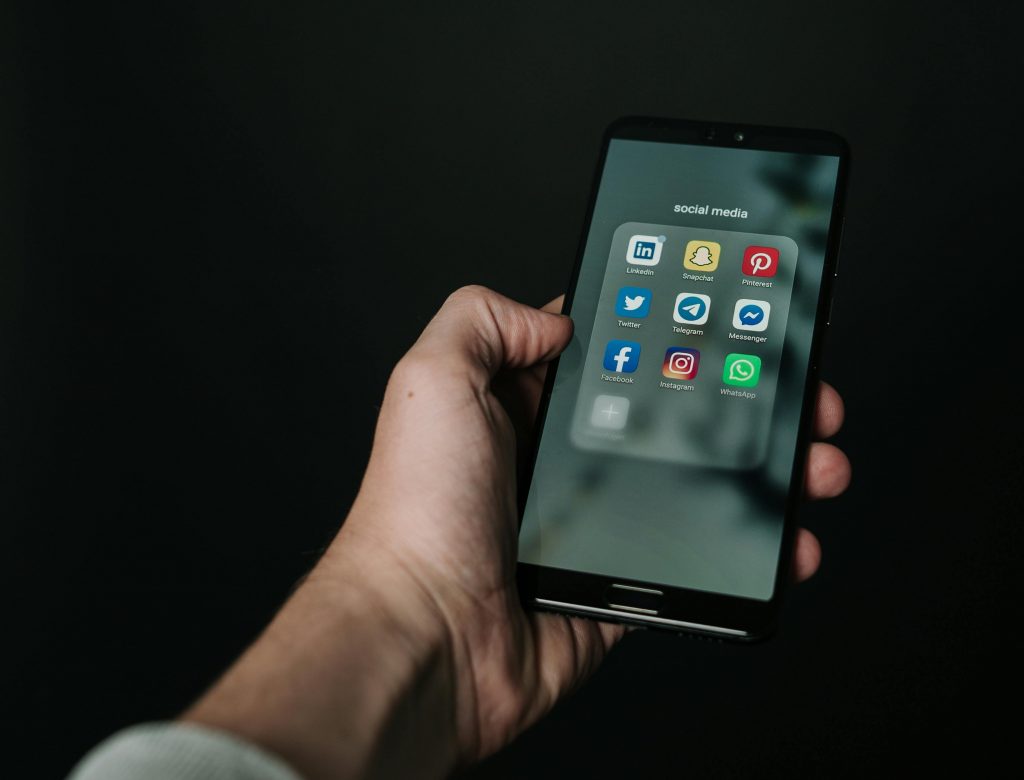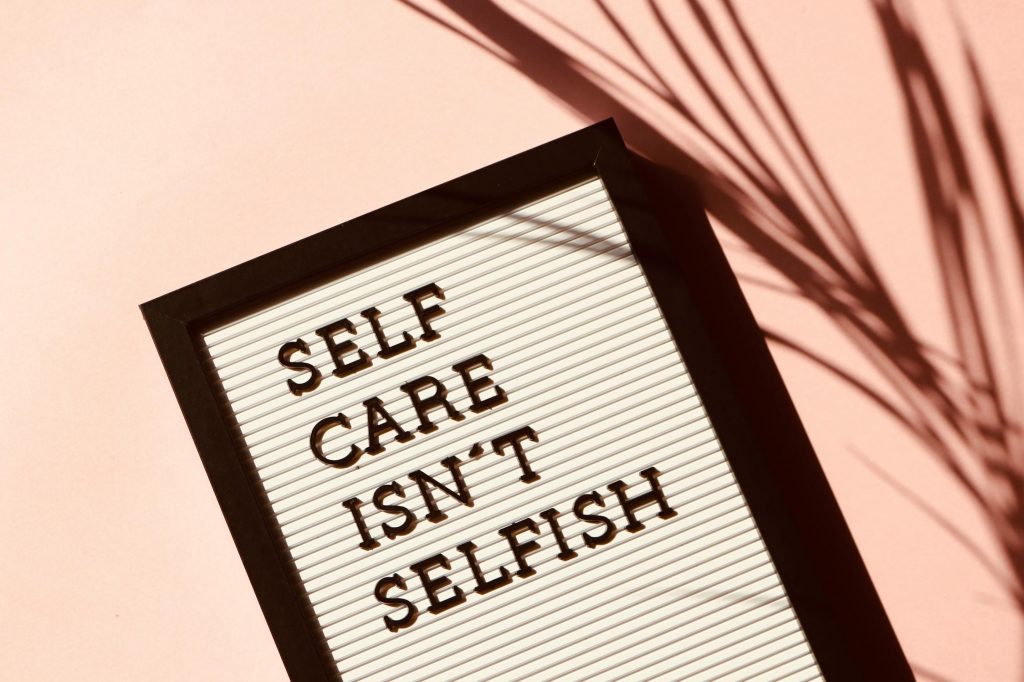Hey friends, as we begin 2025, let’s be honest—scrolling through social media can feel overwhelming. And with most of us spending about 3 hours daily on these platforms, it’s time for a friendly pep talk about feeling better online. Let’s explore some simple ways to make technology work for us, not against us in 2025 and focus on your mental health.
Why We Need to Talk About This
Several recent studies show that about 40% of us feel drained by social media. Between constant scrolling and trying to keep up with everyone’s updates, it’s no wonder we’re feeling burnt out.
On top of that, here’s something to think about: spending more than 30 minutes a day on social media doubles our chances of feeling down. But don’t worry—we’ve got your back.
That’s why we’ve put together some simple, practical ways to help you take control of your time online and get tech-savvy, not tech-addicted.
Taking Control of Your Social Media Space

First, think of your social media feed like your home (apartment, dorm room, your private living space)—you get to choose who and what comes in. Here’s how to keep it real:
Audit Your Feed
Initially, take 15 minutes today to look through who you follow. If someone’s posts consistently make you feel anxious or down, it’s perfectly okay to unfollow or mute them. You’re not being unkind; you’re creating a healthier space for yourself by becoming aware of feeds or posts that don’t contribute positively to your well-being.
Set Clear Boundaries
Similarly to how you wouldn’t let friends drop by randomly at 3 AM, you don’t need to be available on social media 24/7. The feeling that we “need” to be constantly connected to social media comes from FOMO (Fear of Missing Out), which is one of several proven urges that drives compulsive use of social media and contributes to bad mental health. So try these strategies to help bring constant checking of social media under control:
- Pick specific times to check social media, like during breakfast or after lunch
- Keep your phone out of your bedroom at night
- Take regular “digital detox” breaks—even a day off can help clear your mind
Listening to Your Body’s Signals
Your body often knows what it needs before your mind catches up. Plus, studies show that the average person checks their phone over 200 times a day—about once every 5 minutes during the day. When you notice yourself getting caught in this cycle, pause and ask yourself:
- Do I feel energized or drained?
- Am I feeling connected or lonely?
- Is my body tense or relaxed?
These signals can help you recognize when it’s time to step away and reset. Try to resist the urge to keep scrolling, that feeling of mental and physical discomfort where you keep telling yourself, “Just a few more minutes won’t hurt.” Those lost minutes always turn into hours, which takes a mental health toll on you that adds up over time, further pushing you towards anxiety and even depression.
Small Changes, Big Impact

Above all, the good news is that small changes can make a big difference. Infact, research shows that limiting social media use to 30 minutes a day helps people feel less lonely and more satisfied with life. Try these simple steps:
- Choose one evening a week to connect face-to-face instead of scrolling
- Set aside specific hours each day as “offline time”
- Use screen time tracking to stay aware of your usage
- Schedule regular outdoor activities with friends
The goal isn’t to quit social media completely—it’s about keeping it real and finding balance.
Making Technology Work for You
The best part? Here at LifeBonder, we’re making it easier to turn online connections into real-world friendships. Through our platform, you can:
- Find local groups that share your interests
- Organize meetups in safe, public spaces
- Connect with like-minded people who value authentic friendships
- Build meaningful relationships based on shared interests
We’ve seen book clubs form, hiking groups come together, and lasting friendships bloom from these connections.
Your Next Steps

Finally, remember that you deserve to feel good about your social media use. You deserve real friendships that fill your cup and bring joy to your life. So, let’s make 2025 the year we use technology to bring people together, not keep them apart.
And the first step comes with consciously taking control of your social media usage to scroll smarter and live better.
Ready to take your life back and start making these changes? Come as you are—we’ve got your back! Join us on LifeBonder, where we put real connections first. Because at the end of the day, we’re all in this together.



